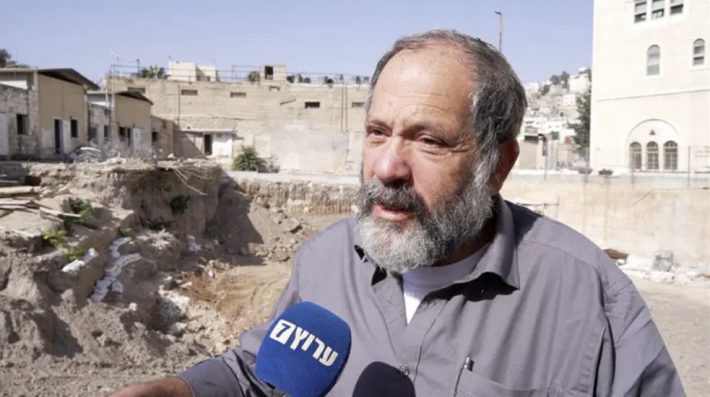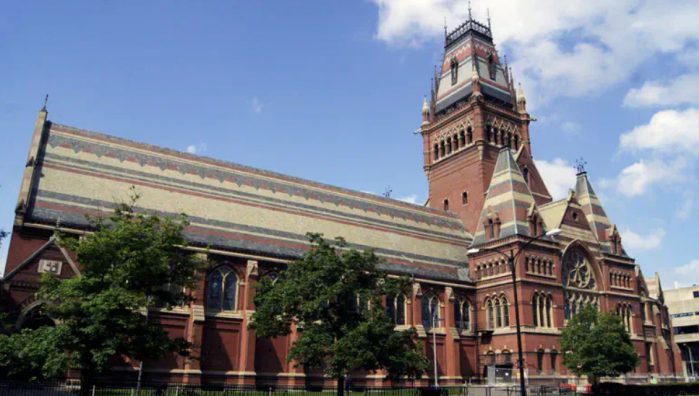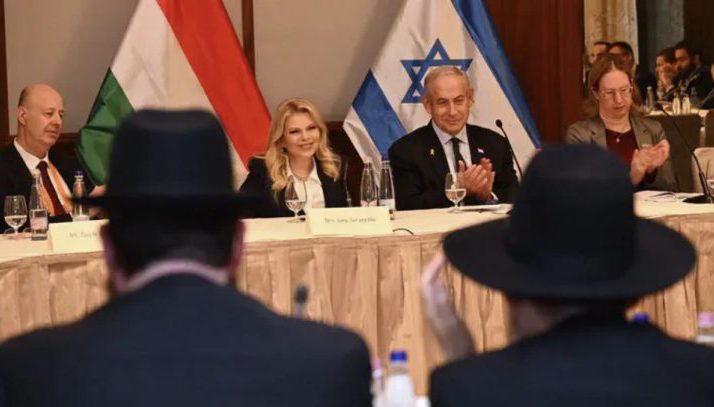Calls for a Hebron “Emirate” Under Israeli Sovereignty Stir Debate as Local Leaders Reject PA Rule
A political storm is brewing in Palestinian Arab media following reports that members of the influential Jabari clan in Hebron reached out to Israeli Minister Nir Barkat, expressing interest in forming a local “emirate” under Israeli sovereignty and joining the framework of the Abraham Accords.
While several local clans have quickly disavowed the initiative, Noam Arnon, spokesperson for the Jewish community in Hebron, insists the proposal is genuine and reflects deep-seated frustration with Palestinian Authority (PA) rule. “In a clan of tens of thousands, opinions will vary—but the overall direction is clear: there is a desire for leadership rooted in tribal identity, tradition, and governance under Israeli sovereignty,” Arnon stated.
He emphasized that the term “emirate” should not be misunderstood as a call for independence or militarization. “This is not the UAE. There’s no demand for foreign policy or military autonomy—just for local, community-driven governance that aligns with the people’s values, traditions, and needs,” he clarified.
According to Arnon, the groundwork for such a shift already exists. “They’ve long been resisting the corruption and oppression of the Palestinian Authority. This is a movement born of grassroots frustration, not a foreign invention. But it cannot proceed without the support and infrastructure of Israeli sovereignty.”
He called on the Israeli government to stop propping up the PA and instead bolster those genuinely interested in peaceful coexistence. “The people extending their hand to us deserve our protection and investment—not neglect,” he said. “They need economic and security guarantees. If we don’t offer them that, we leave them vulnerable to terror organizations who oppose peace.”
Hebron, Arnon notes, is not a marginal or impoverished town. “It is the wealthiest city in Judea and Samaria. It generates close to 10 billion shekels a year in trade with Israel. That economic base is fertile ground for cooperation, not conflict.”
He also urged Israelis to see beyond the headlines of terror and recognize the silent majority. “Yes, there are extremists. But the daily reality tells a different story—peaceful movement to the Cave of the Patriarchs through Jabari clan areas. That coexistence already exists. Our job is to reinforce it.”
Arnon was sharply critical of the consequences of the Oslo Accords, which he said left residents trapped between two destructive ideologies: “racist Palestinian nationalism and militant Islamic jihadism.” He believes Israel must now offer a third path. “We must present a vision based on life: health, education, ecology, opportunity. That is our obligation.”
In closing, he issued a stark warning against the creation of a Palestinian state. “If we fail to extend Israeli sovereignty and offer hope, we abandon the people of Hebron to a future of corruption and terrorism. That’s a historical mistake we cannot afford to make—and a moral responsibility Israel cannot ignore.”





